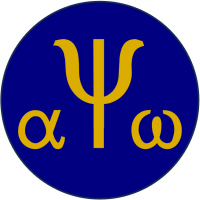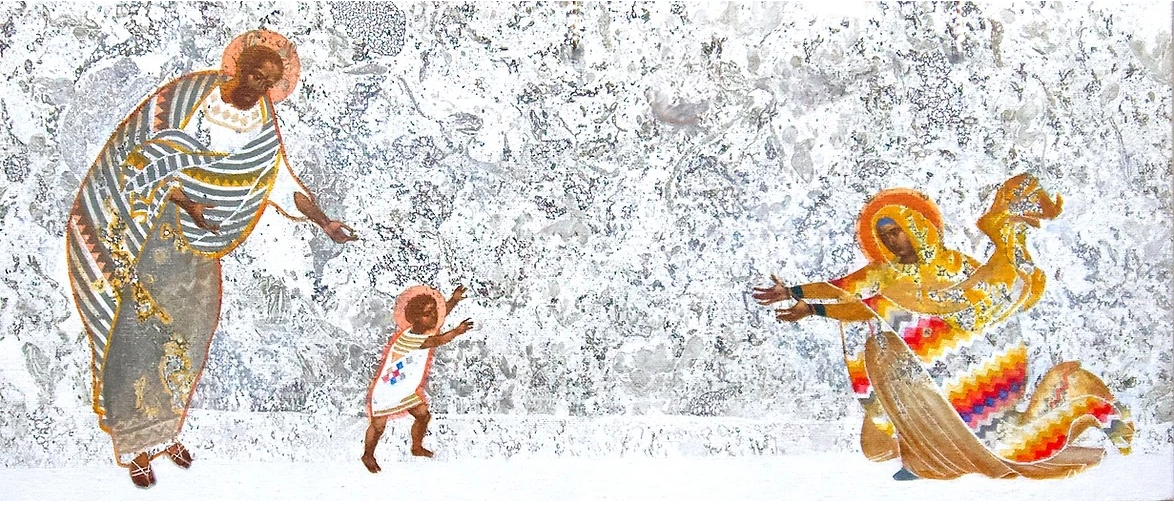The Church has traditionally adopted one of two approaches to “secular” knowledge – either suspicious (or even outright hostile) or positive (albeit critical).
Writing about the various schools of philosophy of his day (such as the Platonists and Stoics, who he saw as the origin of some heretical ideas doing the rounds in the Church at that time) the Western Father Tertullian (c. 160 – 220 AD) typifies the hostile approach when he writes…
[The apostle Paul] had been at Athens, and had in his interviews (with its philosophers) become acquainted with that human wisdom which pretends to know the truth, whilst it only corrupts it, and is itself divided into its own manifold heresies, by the variety of its mutually repugnant sects.
What indeed has Athens to do with Jerusalem? What concord is there between the Academy and the Church?
Prescription Against Heretics 7
A number of the Fathers, however, were much more positively inclined towards philosophy. Around the same time as Tertullian was writing in Carthage (North Africa), 2,000 Km to the east we find Clement of Alexandria (150 – 214 AD) in much more eirenic mood in his efforts to show that Christianity was compatible, or even harmonious, with secular philosophy.
For Clement, although philosophy was the product of human reason, surely Plato must have been inspired by the all-benevolent God and therefore he’s happy to say that “philosophy is in a sense a work of Divine Providence” (Stromateis 1) and has “a dream of the truth” (Protreptikos 5). Indeed, perhaps for the Greeks, philosophy was a pre-Incarnation gift and necessary initial training? In a tidy summary of his approach, Clement writes…
Before the advent of the Lord, philosophy was necessary to the Greeks for righteousness. And now it becomes conducive to piety; being a kind of preparatory training to those who attain to faith through demonstration… God is the cause of all good things; but of some primarily, as of the Old and the New Testament; and of others by consequence, as philosophy.
Perchance, too, philosophy was given to the Greeks directly and primarily, till the Lord should call the Greeks. For this was a schoolmaster to bring “the Hellenic mind,” as the law, the Hebrews, “to Christ.” Philosophy, therefore, was a preparation, paving the way for him who is perfected in Christ.
Stromateis 1.5
Clement is keen to show respect to philosophy, and by building bridges in this way, he is of course hoping to gain a hearing for his own Christian perspective.
This positive approach to secular learning helped to gain an audience for Christianity amongst the more educated citizens of the Roman Empire. This task was continued notably by the fourth century Cappadocian Fathers (Basil of Caesarea, Gregory of Nazianzus and Gregory of Nyssa).
Gregory of Nyssa in particular (although seeming to lack a formal classical education at Athens, unlike his brother Basil and friend Nazianzus) is quite explicit about not just respecting Greek philosophy but also deliberately “borrowing” from its riches to adorn the temple of God.
In his text the Life of Moses, Gregory uses allegory to discern the spiritual meaning of the historical events in Moses’ life. At the start of the Exodus (12:35-36), Moses told the Israelites to ask the Egyptians for gold and silver, and Gregory interprets these riches spiritually to be a reference to secular learning which is to be appropriated and employed to adorn the temple (of the Church)…
The loftier meaning [of this passage of scripture] is therefore more fitting than the obvious one. It commands those participating through virtue in the free life also to equip themselves with the wealth of pagan learning by which foreigners to the faith beautify themselves.
Our guide in virtue commands someone who “borrows” from wealthy Egyptians to receive such things as moral and natural philosophy, geometry, astronomy, dialectic, and whatever else is sought by those outside the Church, since these things will be useful when in time the divine sanctuary of mystery must be beautified with the riches of reason.
Those who treasured up for themselves such wealth handed it over to Moses as he was working on the tent of mystery, each one making his personal contribution to the construction of the holy places.
It is possible to see this happening even now. For many bring to the Church profane learning as a kind of gift: Such a man was the great Basil, who acquired the Egyptian wealth in every respect during his youth and dedicated this wealth to God for the adornment of the Church, the true tabernacle.
Life of Moses 2.115-6
Judging from the number of words allocated above to the positive approach to secular learning (as opposed to Tertullian’s perspective) that’s clearly where I’m coming from.
So the question then becomes, what would be the “spoil of the Egyptians” for today? Where is the 21st century secular learning that can be borrowed to adorn the temple?
For me, at least one source of gold is the field of psychology with its focus on a deeper understanding of the human person, our inner workings, and the study of the indicators and drives for health and happiness, as well as pathology. Human flourishing is the goal of both psychotherapy as well as (good) religion/spirituality. There is common cause here. What might be appropriated, with discernment, from the “Egyptian” psychology?

